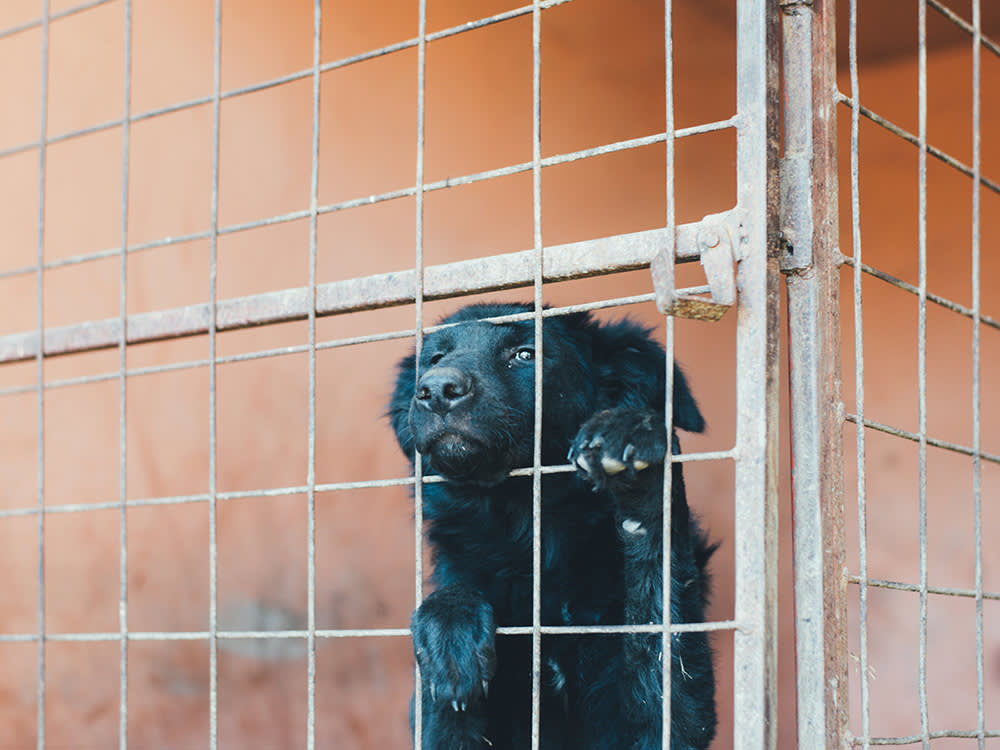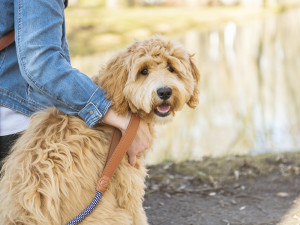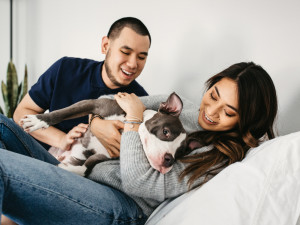Yay! New York Shut Down the Puppy Mill Pipeline
The state passed a bill that will end the inhumane breeding and transport process.

share article

Your pet wants you to read our newsletter. (Then give them a treat.)
Last week, the New York Assembly passed the Puppy Mill Pipeline Billopens in a new tab — a piece of legislation that would end the retail sale of dogs, cats, and rabbits in pet stores across the state, effectively ending the puppy mill pipeline. It’s a process long-lauded by animal rights groups as inhumane. So it’s unsurprising both The American Society for the Prevention of Cruelty to Animals (ASPCA) and the Humane Society of the United States (HSUS) supported the bill.
“Shutting down the puppy mill pipeline will help stop retail sellers and commercial breeders from engaging in — and profiting from — unconscionable brutality,” ASPCA President and CEO Matt Bershadke said in a statementopens in a new tab. Brian Shapiro, New York state director for the Humane Society of the United States, shared similar sentiments: “Today’s vote makes it clear that New Yorkers flatly reject cruel puppy mills and their pet store sales outlets.”
The puppy pipeline refers to a cruel cycle that begins with animals being born at breeding facilities under ghastly conditions before quickly being taken from their mothers, sold to a broker, trucked across state lines, and finally delivered to a pet store. Manhattan Assemblymember Linda B. Rosenthal, along with Senator Michael Gianaris, led the push to develop and pass a bill to end the practice.
“The cute puppies, kittens, and bunnies in pet store windows mask a sad reality: these animals are products of horrific neglect in puppy mills. Puppy, kitty, and bunny mills use and abuse animals to churn out pets for sale, which are often riddled with congenital diseases that cost unsuspecting consumers hundreds or thousands of dollars in veterinary bills and incalculable emotional stress,” she explained. “Over the years we have tried to regulate pet stores, but the industry continues to prioritize profits over the welfare of animals. My legislation will finally shut down the pet-store-to-puppy-mill pipeline once and for all.”
After passing in the Senate, the bill is now being sent to Governor Hochul for final approval. “We’re grateful to Assemblymember Rosenthal and Senator Gianaris for championing the passage of the Puppy Mill Pipeline Bill and urge Governor Hochul to sign it to signal New York’s determination to reject animal cruelty statewide,” pleaded Bershadke.

Sean Zucker
Sean Zucker is a writer whose work has been featured in Points In Case, The Daily Drunk, Posty, and WellWell. He has an adopted Pit Bull named Banshee whose work has been featured on the kitchen floor and whose behavioral issues rival his own.
Related articles
![A woman with a dog on her lap sitting at a desk with a laptop.]() opens in a new tab
opens in a new tabWhat Happens After You Sign a Petition Anyway?
Three animal rights attorneys on what it takes to ban puppy mills and other ways to get involved in animal advocacy.
![designer dog breed Labradoodle on a leash looking at the camera]() opens in a new tab
opens in a new tabFrom Goldendoodles to Puggles — the Truth About “Designer Dogs”
Do your research. Know the facts.
![2 cute pit bull dogs laying next to each other on a blanket]() opens in a new tab
opens in a new tabBSL is Just Plain BS
Breed-specific legislation has profound impacts on families, their dogs, and animal welfare professionals.
![Dog tied on a short chain]() opens in a new tab
opens in a new tabBreaking the Chains
A new law bans chaining up dogs outside in Texas.
![Couple hugging their pit bull]() opens in a new tab
opens in a new tabThe Good Fight: New York Takes Steps to Squash Breed-Specific Legislation
Under the new animal-welfare laws, insurers will no longer be able to discriminate against pet parents of certain dog breeds.




